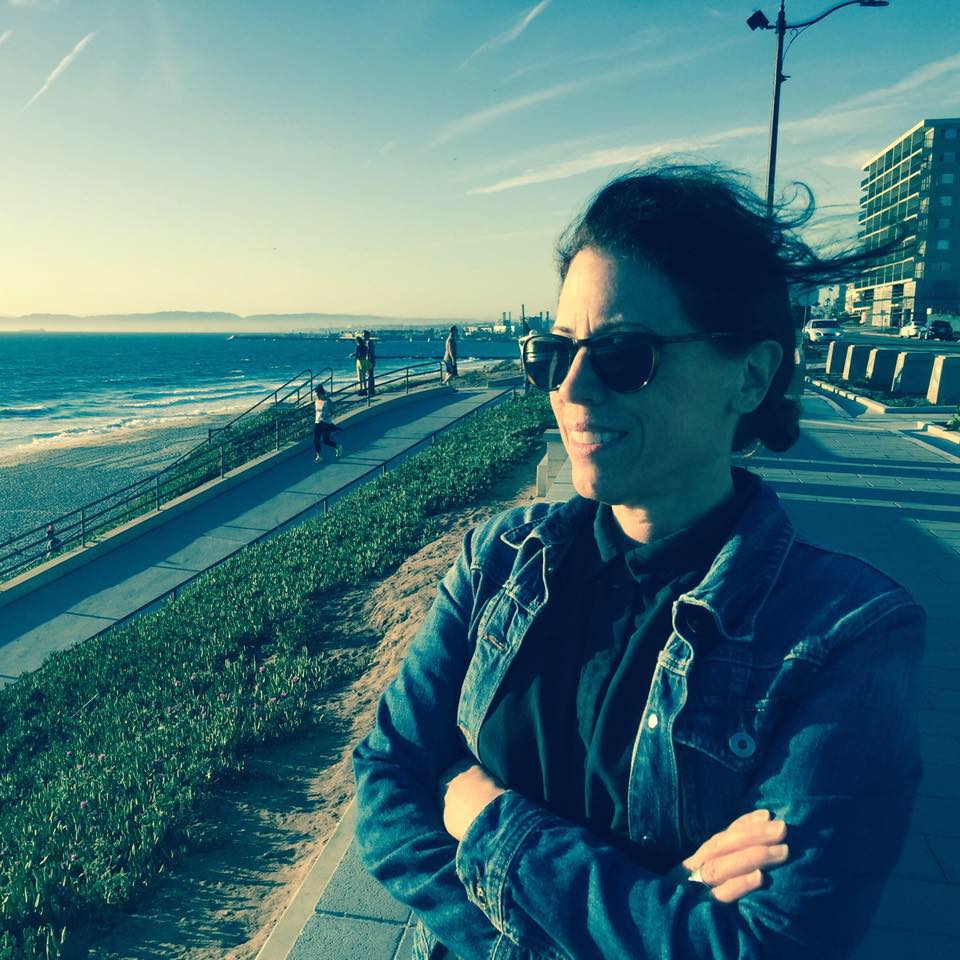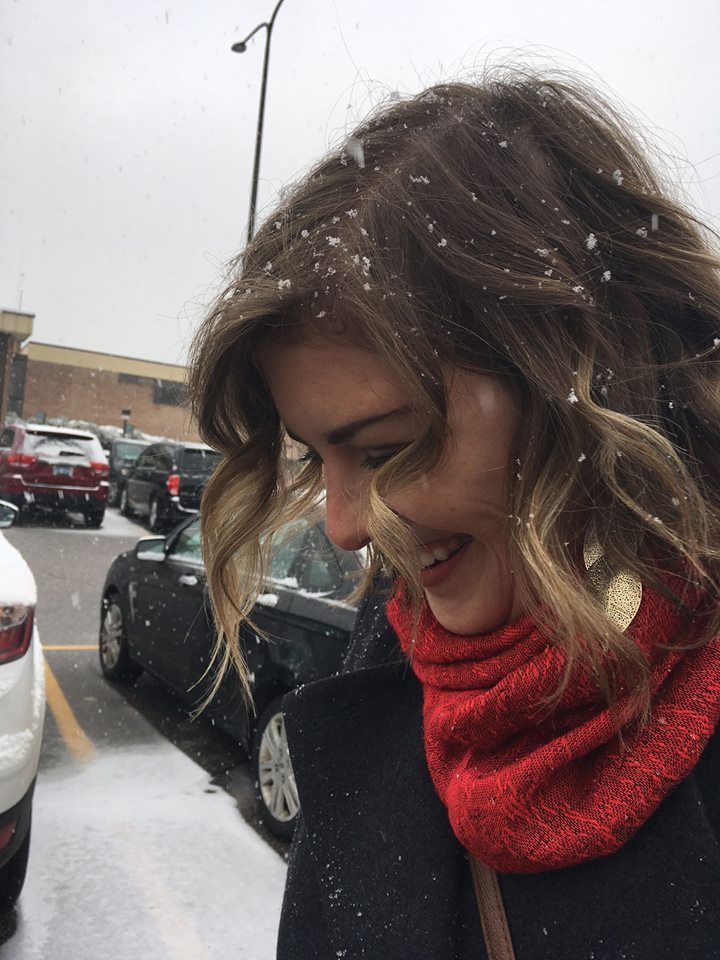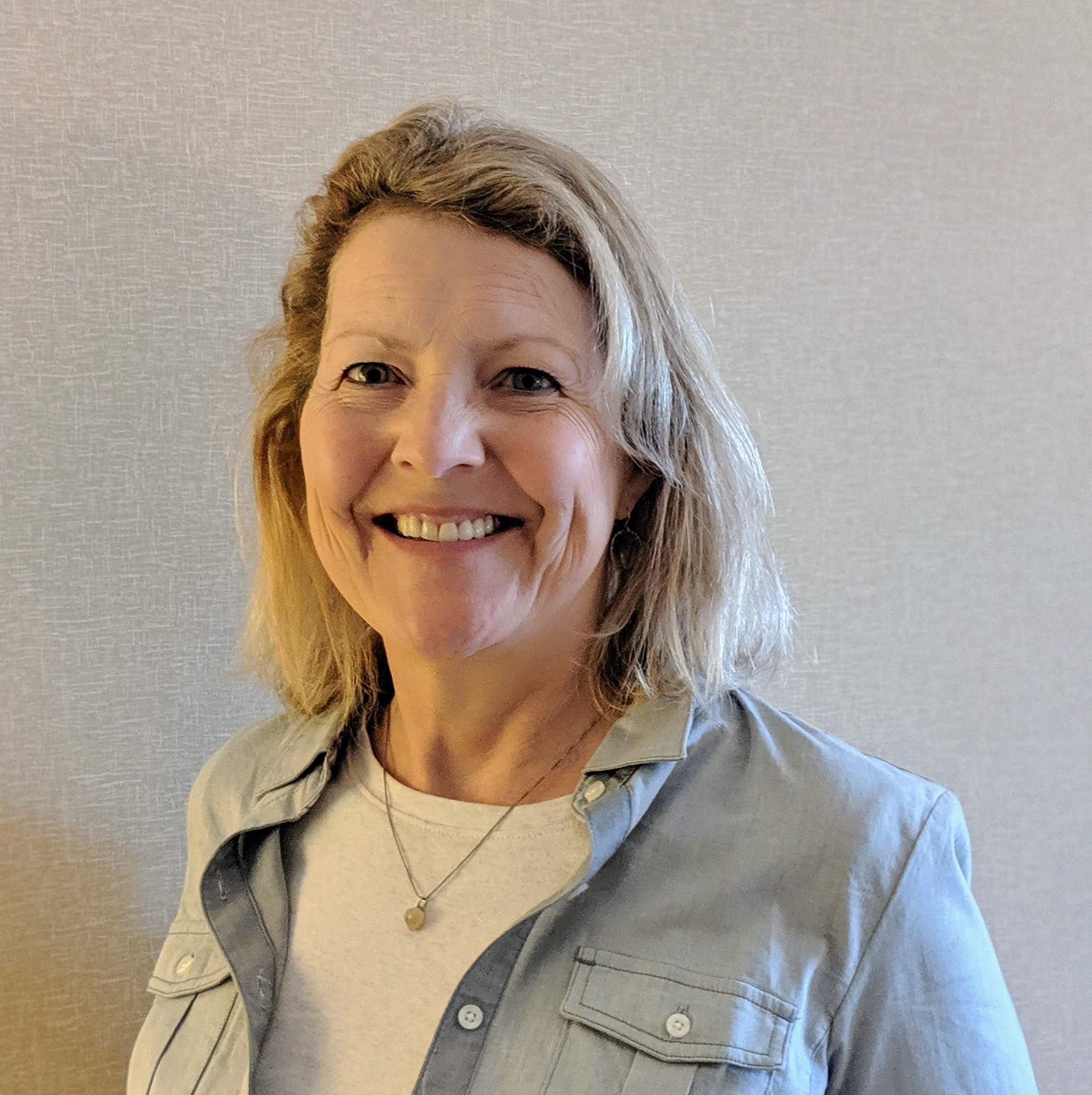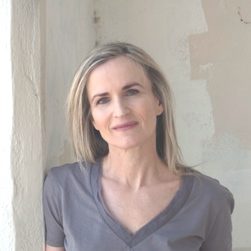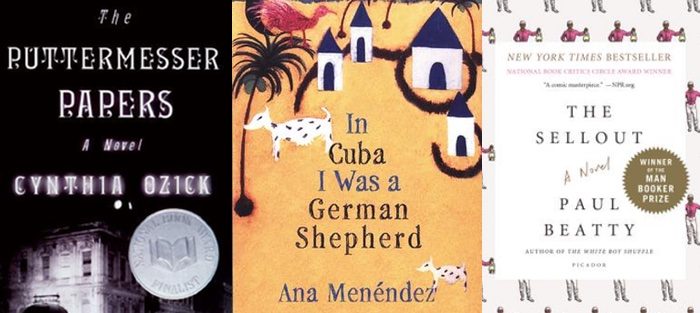
gloss . a . ry |ˈgläs-ə-rē|
noun
plural glossaries
an alphabetical list of terms or words found in or relating to a specific subject, text, or dialect, with explanations; a brief dictionary.
- The daughter makes a glossary of the peculiar things the mother and father say.
gosh |gäSH| dag . nab . it |dagnabit|
exclamation
a euphemism for a widely-used phrase in which a deity is invoked to curse someone to heck, which is another euphemism for a widely-used word representing the devil’s fiery realm. This substitution is most often made by those averse to swearing and those strictly observing the Third Commandment. This aversion to curse words may be imposed by one’s self, one’s religious institution, or one’s spouse.
- When the father misses a serve during a tennis match, he slaps his palm to his forehead and screams, “Gosh dagnabit, Bob, you flipping idiot!”
guy . sies |gīzēz|
noun
plural of the plural form of guy
typically used as a term of endearment to identify or address a group of people with whom the speaker feels particularly close, usually members of one’s own family.
- The family is playing a card game. The mother, out of nowhere, says, “Guysies, I like books about little mice.”
singular form (rare): guysie
- When all the children have left the nest, the mother turns to the father and says, “Guess it’s just you and me, guysie.”
heav . ens |ˈhevəns| to |toō| Bet . sy |betsē|
noun, preposition, proper noun
an exclamation of disapproval or disgust, having nothing to do with an angelic abode or a woman named Betsy.
- The mother takes the daughter to a movie. When they return to the car after the movie has ended, they discover that they have left the lights on and the engine is dead. The mother nervously calls the father from the payphone in the movie theater to tell him what has happened. He yells, “Heavens to Betsy, Ellen! Can’t you do anything right?” and then promptly grabs the keys and rushes to the car to rescue them.
woo . ey |woōē|
exclamation
used to express delight, surprise, or disapproval
- The mother’s parents call to invite the father and the mother to join them on a trip to Egypt. The mother hangs up and remains sitting in the chair saying, “Wooey! Wooey! Wooey!” over and over again before she finally gets up to fold the laundry.
- The mother is in the kitchen doing dishes late at night after the children have been tucked into bed. The father goes around to the backside of the house and lights his face up with a flashlight outside the window where the mother is washing the dishes. The mother screams, calms down a bit and, resuming her scrubbing, says, “Wooey!”
- The mother is watching a movie with her family. The couple on the screen begins to kiss passionately. The mother squirms in her chair and says, “Wooey! They sure don’t kiss like they used to. It looks like they’re eating each other!”
woo . ey |woōē| guy . sies |gīzēz|
exclamation followed by the plural of a plural noun
used to express extreme delight, surprise, or disapproval to a group of people with whom the speaker feels extremely close, almost always members of one’s own family.
- The mother comes home, all lit up from a church activity she has just attended.
She exclaims, “Wooey guysies, women love crafts!”
The daughter challenges her on this, saying, “Mom, you don’t even like crafts.”
The mother, modifying her statement, says, “Wooey guysies, most women love crafts!”The daughter often says “Wooey guysies!” in mimicry of the mother. She uses it at first to poke fun at the mother and then, later, because she finds it endearing.
